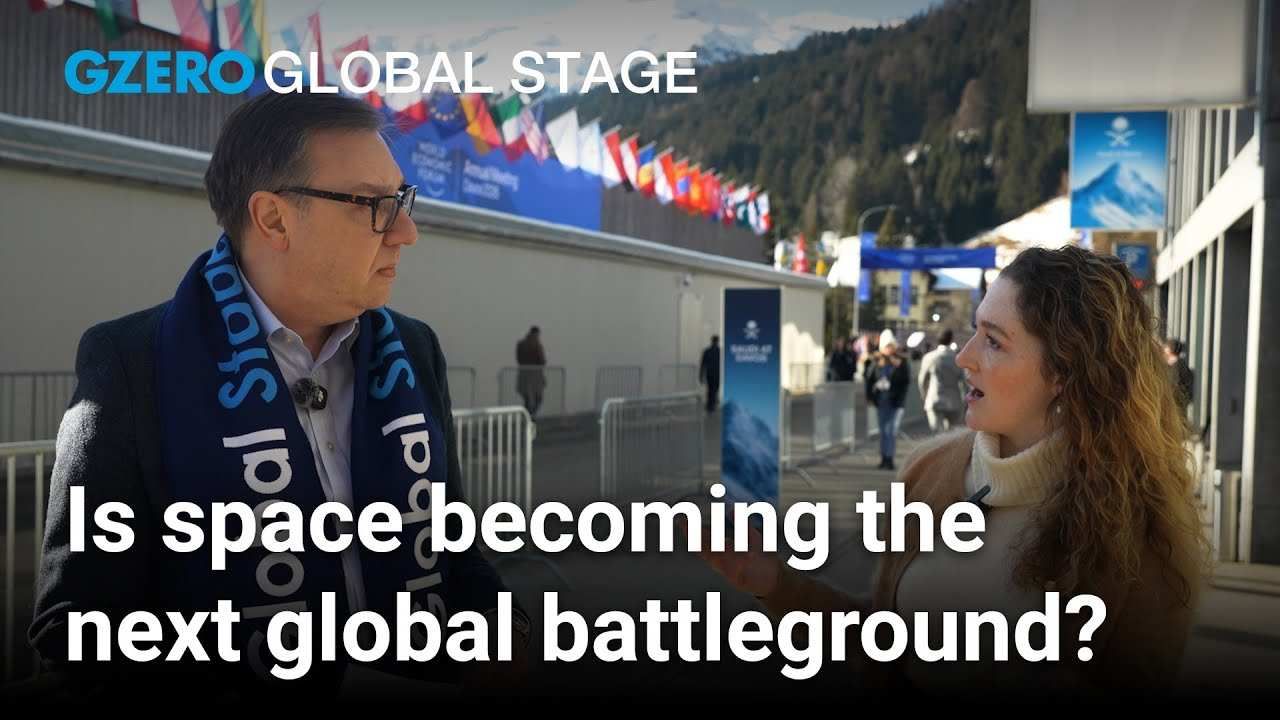News
May 15, 2019
Persian Gulf dangers growing by the day – Iran-backed Houthi rebels used drones to attack two oil pumping stations in Saudi Arabia yesterday, just two days after a mysterious attack on Saudi oil tankers in the Persian Gulf. Tensions are flaring dangerously: a Saudi daily led its Tuesday edition with the headline "On the Verge of War?", while Iran's foreign minister Javad Zarif tweeted that these recent "accidents" were authored by the US and Israel to trigger a conflict. Hanging over all of this: the Timesreported that the Pentagon is exploring plans to send 120,000 troops to the Middle East. What could possibly go wrong?
Sudan Standoff – Following mass demonstrations that began in December, thousands of protesters in Khartoum have occupied the square outside Sudan's national military headquarters since April 6. First, they demanded the end of strongman Omar Bashir's 30-year dictatorship. They got that on April 11, but they refused to go home until the army promised to form a civilian-led government. Last weekend, it seemed like progress was being made in talks between army generals and protest organizers. But on Monday gunfire erupted. At least five protesters and one soldier were killed. We're watching to find out whether someone, perhaps in the military, is trying to prevent the generals and protesters from making a deal.
What We're Ignoring: North Korean virtues & Chinese officials' feelings
North Korean Wisdom and Honesty – For the first time ever, the US last week seized a North Korean cargo ship that was flouting international sanctions on the North's coal exports. Pyongyang, which depends on a vast network of clandestine ships to trade in international markets, wasn't pleased. Yesterday, it called on the US to "carefully reconsider" its "daylight robbery" of the ship, called the Wise Honest, saying the move violated the spirit of cooperation between President Trump and Kim Jong-un. We're ignoring North Korea's complaints, because its neither Wise nor Honest to invoke cooperation just days after firing off a volley of ballistic missiles.
Irreparable Harm to China's Feelings – On Monday, a man was arrested in eastern China for giving his dogs "illegal" names. Apparently, the man thought it would be funny to name his dogs "Chengguan," a word that refers to city officials who fight petty crime, and "Xieguan," which is an informal community worker. The man then publicized his joke on social media. State officials explained the arrest by claiming the man had "caused great harm to the nation and the city's urban management, in terms of their feelings." We're ignoring this story because this man has failed at the relatively easy task of giving dogs funny names, but also because we're confident his offense poses no real threat to China or its urban management.More For You

- YouTube
At the 2026 World Economic Forum in Davos, GZERO’s Tony Maciulis spoke with Ariel Ekblaw, Founder of the Aurelia Institute, about how scaling up infrastructure in space could unlock transformative breakthroughs on Earth.
Most Popular
Haitian soldiers keep a watch outside the venue where businessman Laurent Saint-Cyr is set to be designated as president of Haiti's Transitional Presidential Council (CPT), in Port-au-Prince, Haiti, August 7, 2025.
REUTERS/Fildor Pq Egeder/File Photo
On Friday, US officials warned the transitional council in charge of Haiti not to remove interim Prime Minister Alix Didier Fils-Aimé, ahead of a deadline for the council to step down on Feb. 7.
Moldovan President Maia Sandu speaks during a Council of Europe diplomatic conference to launch the International Claims Commission for Ukraine, aimed at handling compensation claims related to Russia's war in Ukraine, in The Hague, Netherlands, December 16, 2025.
REUTERS/Piroschka van de Wouw
The president of the tiny eastern European country has suggested possibly merging with a neighbor.
Hard numbers: US pitches “New Gaza,” Japan paves way for snap elections, “Sinners” smashes records, & More
Jan 23, 2026
Middle East negotiator and son-in-law of President Trump, Jared Kushner talks with Israeli diplomats following a joint press conference in the State Dining Room of the White House in Washington, DC, USA, 29 September 2025.
$25 billion: The minimum amount of investment required to fulfil Jared Kushner’s ambitious property plan for Gaza.
© 2025 GZERO Media. All Rights Reserved | A Eurasia Group media company.